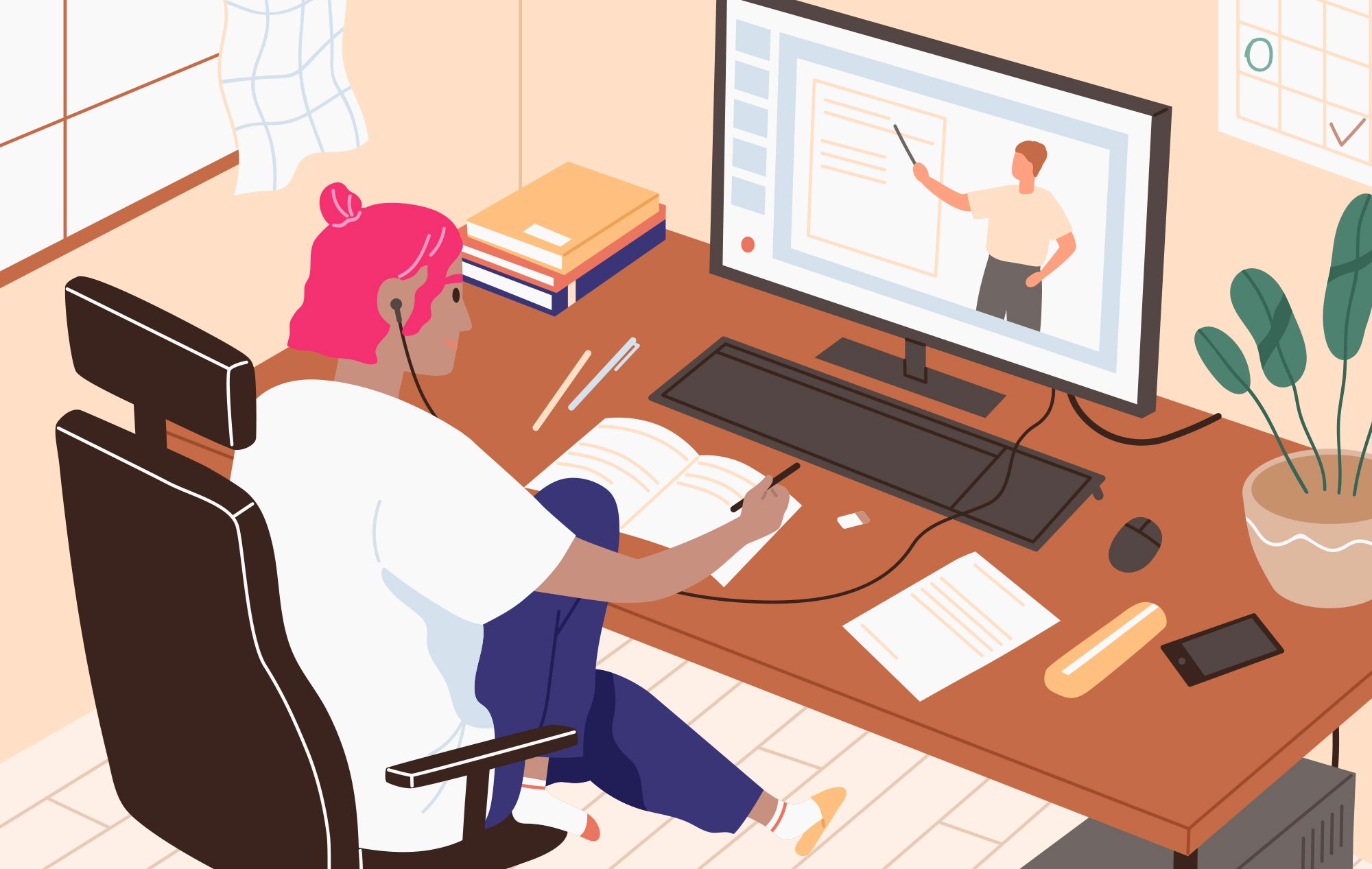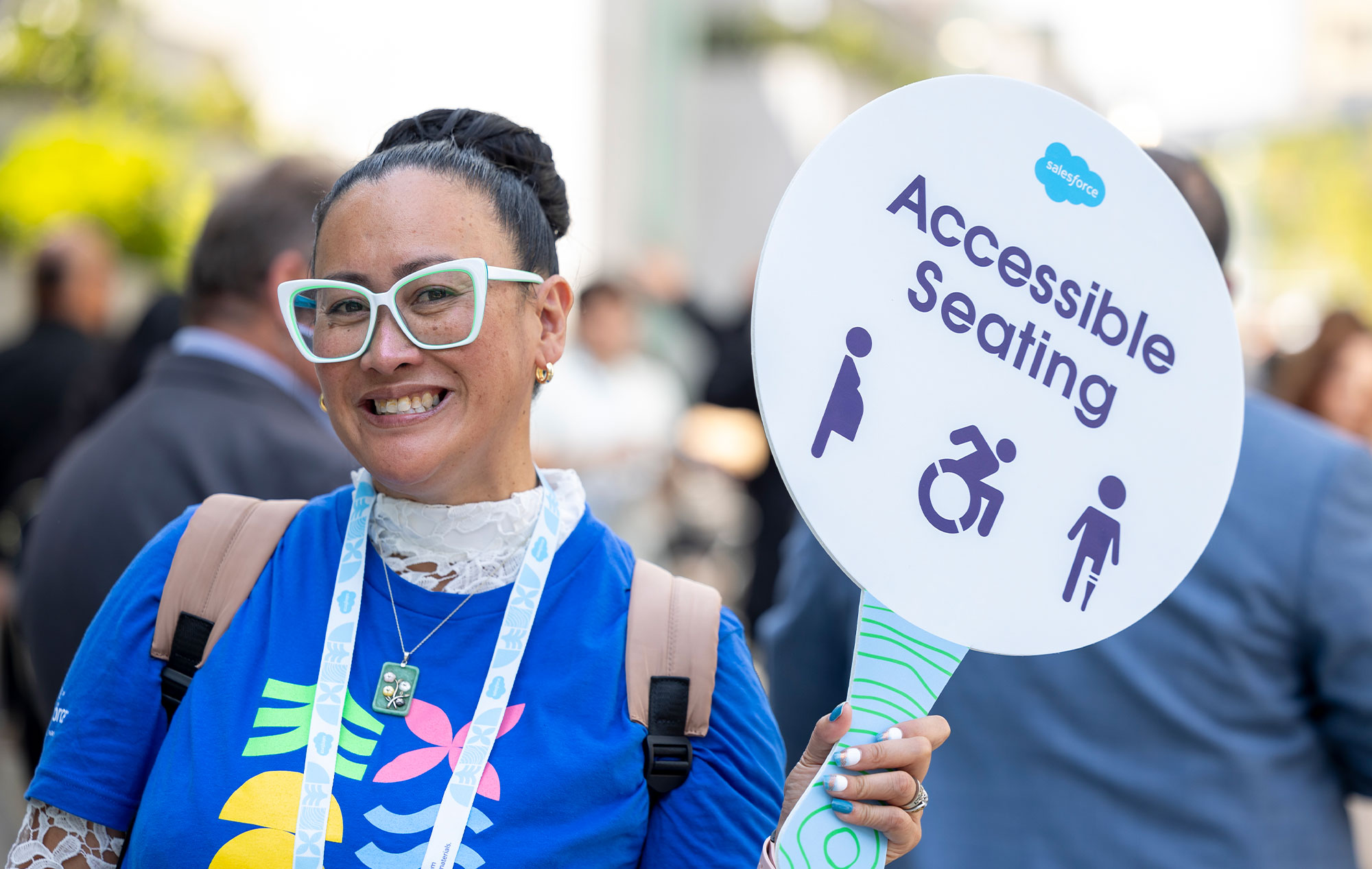Roughly 15% to 20% of people globally exhibit some form of neurodiversity, according to the National Cancer Institute. If you presume that same figure holds roughly consistent for working professionals, then odds are several of your team members or colleagues are neurodivergent.
Neurodivergence refers to variations in the human brain that are considered outside of the so-called “neurotypical range,” and includes people living with depression, anxiety, ADHD, dyslexia, Tourette Syndrome, dyscalculia, dyspraxia, and autism.
Sadly, many of these professionals feel compelled to adopt neurodivergent masking to deal with exclusionary and inaccessible workplaces. Let’s examine what neurodivergent masking is and why so many professionals feel the need to employ this coping strategy.
What Is Neurodivergent Masking?
Neurodivergent masking refers to the practice of concealing or suppressing aspects of one's neurodivergent traits or conditions, in order to fit in with the norms of the workplace or society.
For working professionals, neurodivergent masking can involve hiding certain behaviors or characteristics that may be perceived as unusual or inappropriate, such as avoiding eye contact, struggling with social interactions, or having difficulty with multitasking. This can be particularly challenging in work environments that prioritize neurotypical social skills, communication, and multitasking abilities, which can put neurodivergent individuals at a disadvantage.
These neurotypical norms often place neurodivergent professionals in situations where they’re expected to do things that run counter to their temperaments, natural talents, or medical abilities.
“If you ask a fish to climb a tree, it will go through life thinking it's an idiot,” remarks Colm McNamee, a neurodiversity activist and community initiatives senior associate at Salesforce diagnosed with autism and ADHD. “So if you asked me to do something for which I am constitutionally incapable of doing, that is the failure of management, not a failure of me.”
Masking can have negative effects on mental health and wellbeing, as it requires a significant amount of cognitive and emotional energy to constantly suppress one's natural tendencies. This quickly becomes exhausting for most neurodivergent professionals.
“I pay a price for masking my neurodivergence,” explains McNamee. “It comes in waves of exhaustion. It's like putting on a mask to make other people feel more comfortable. Doing things that do not come naturally to me, because I've had to learn them as an adult. My neural pathways are different.”
He compares masking and the demands of adapting to neurotypical social skills to that of acquiring a foreign language.
“If you look at neuroplasticity and neural pruning, it's like the equivalent of learning a language at a much older age,” he says. “And while I might be fluent with enough practice, it'll never come as easily to me as someone who grew up learning French or a different language.”
Neurodivergent masking can also lead to feelings of isolation and impostor syndrome, as professionals may feel like they are not being their authentic selves and fear being discovered as "different."
While impostor syndrome affects most neurodivergent professionals, Veronica Pillon, Transformation Consulting Director at Salesforce, believes it may impact professionals with autism the most.
“Autistic people live with impostor syndrome, even more than the rest of the population,” she says. “It's incredible how many people have impostor syndrome, thinking we're not good enough. There is a voice that is like, ‘Oh, they're finally gonna find me out.’ You fear you are a fraud.’”
Why Neurodivergent Professionals Mask
It is important for workplaces to create a more inclusive environment that celebrates neurodiversity and recognizes the unique strengths and abilities of neurodivergent individuals. This can involve providing accommodations, such as flexible work arrangements, communication support, and sensory accommodations, as well as promoting education and awareness about neurodiversity.
In the absence of more inclusive work cultures, neurodivergent professionals are most likely to mask. Your neurodivergent colleagues may mask at work for several reasons, including:
- Fear of Stigma: Neurodivergent individuals may worry that disclosing their condition or traits may lead to negative stereotypes, discrimination, or being treated unfairly in the workplace. As a result, they may feel the need to hide their differences to avoid any negative consequences.
Alternatively, Pillon argues that more open and inclusive team cultures break down stigmas. When team members can be public about their neurodiversity, “you take away the stigma, you take away the power and the devastating mental insidious voice that we have,” she says, “that we're not good enough, that we'll never get there.”’ - Social Expectations: The workplace can be a socially demanding environment, and many workplaces prioritize social skills and communication abilities. Neurodivergent individuals may feel pressure to conform to these social expectations to fit in and succeed.
Pillon says being neurodivergent feels like “you're always a minute late,” which results in frequent bewilderment or irritation in social situations. - Misunderstanding of Neurodiversity: Some neurodivergent individuals may not have a clear understanding of their condition or how it may affect their work. This can lead to confusion, anxiety, and a sense of inadequacy, which may drive them to mask their differences in an attempt to avoid any negative consequences.
Receiving a diagnosis can reframe past frustrations and provide a clearer path forward.
“Post diagnosis, I understood better what was scaring me,” explains Pillon. “I understood my masking. I became better. I forced myself to look at the things that somehow held me back. Knowledge means I can truly perform here and profoundly make an impact on this area and be great at this.” - Lack of Accommodations: Neurodivergent individuals may not have access to the accommodations they need to succeed in the workplace. This can make it more difficult for them to navigate their differences and may drive them to mask their traits to fit in.
Furthermore, accommodations in corporate America often only go to “those who shout the loudest,” McNamee says. And many neurodivergent people are uncomfortable being that vocal or direct with supervisors and management. So they remain quiet and mask the best they can.
Ultimately, masking is a coping mechanism for neurodivergent professionals who find themselves in exclusionary and inaccessible work environments. Over time, this constant adapting drains their psychological and emotional energies, undermining their work and overall quality of life.
However, by increasing disability awareness, fostering more inclusive work cultures, and looking for ways to better accommodate neurodivergent professionals, organizations can effectively support all of their team members and reap the benefits of a diverse workforce.
Salesforce is a founding partner of InclusionHub, a comprehensive online resource directory and content hub dedicated to helping businesses become more accessible and inclusive. Explore InclusionHub’s Resource Directory to learn more about tools and solutions available to your organization to better support neurodivergent professionals.






Leave a Comment